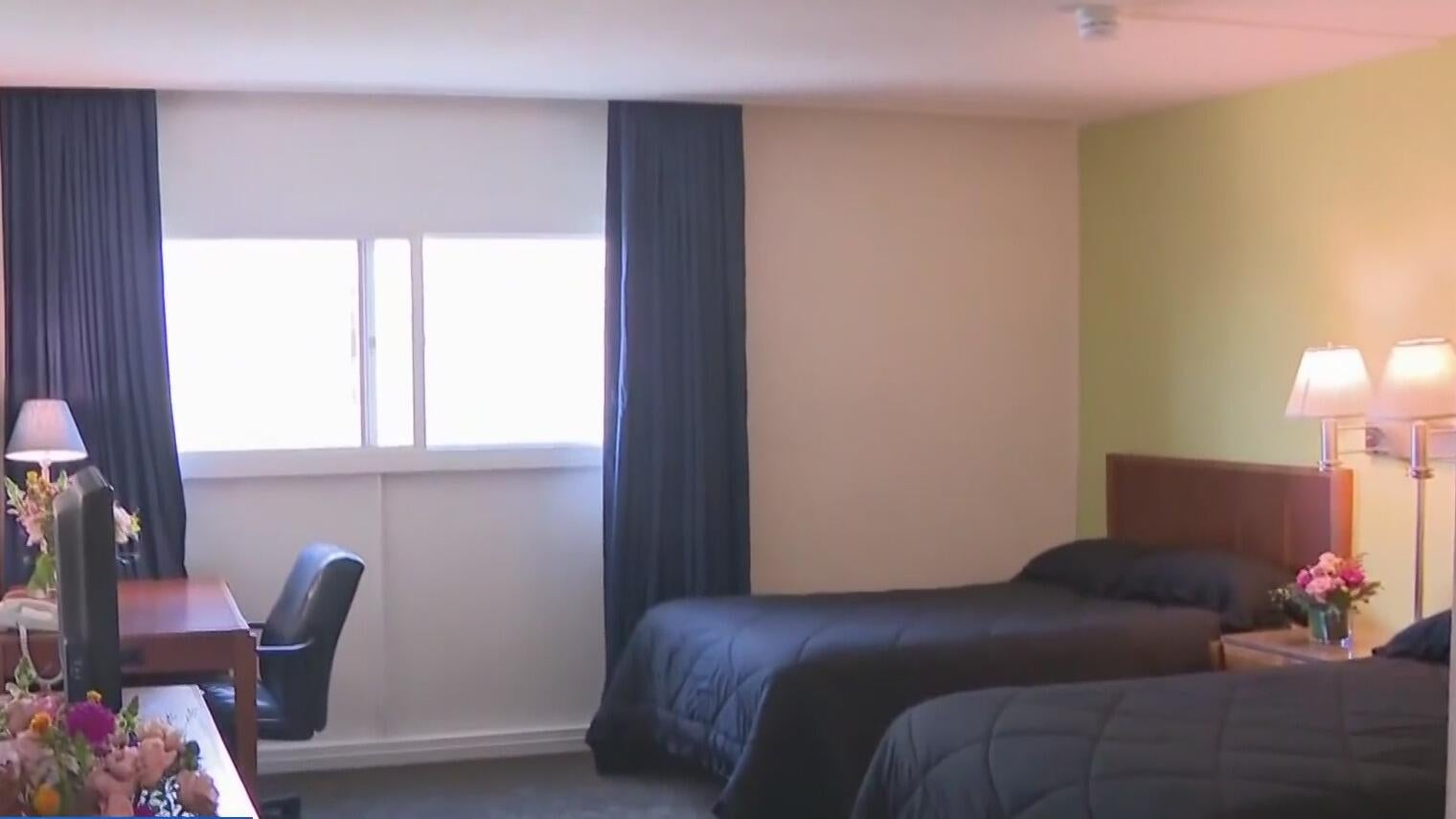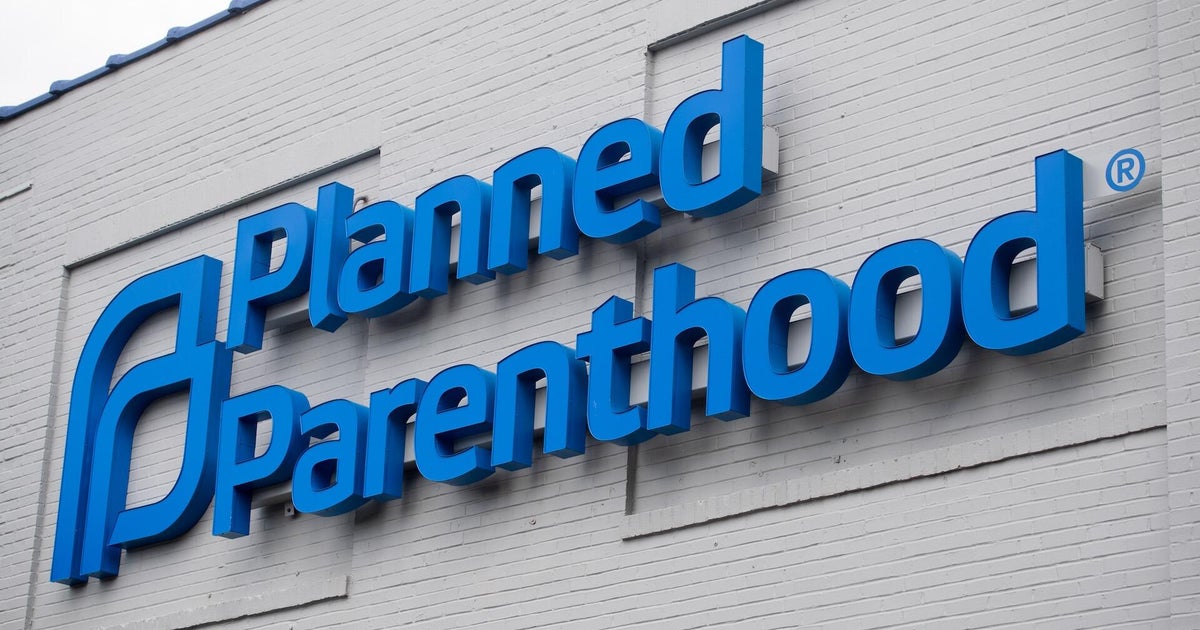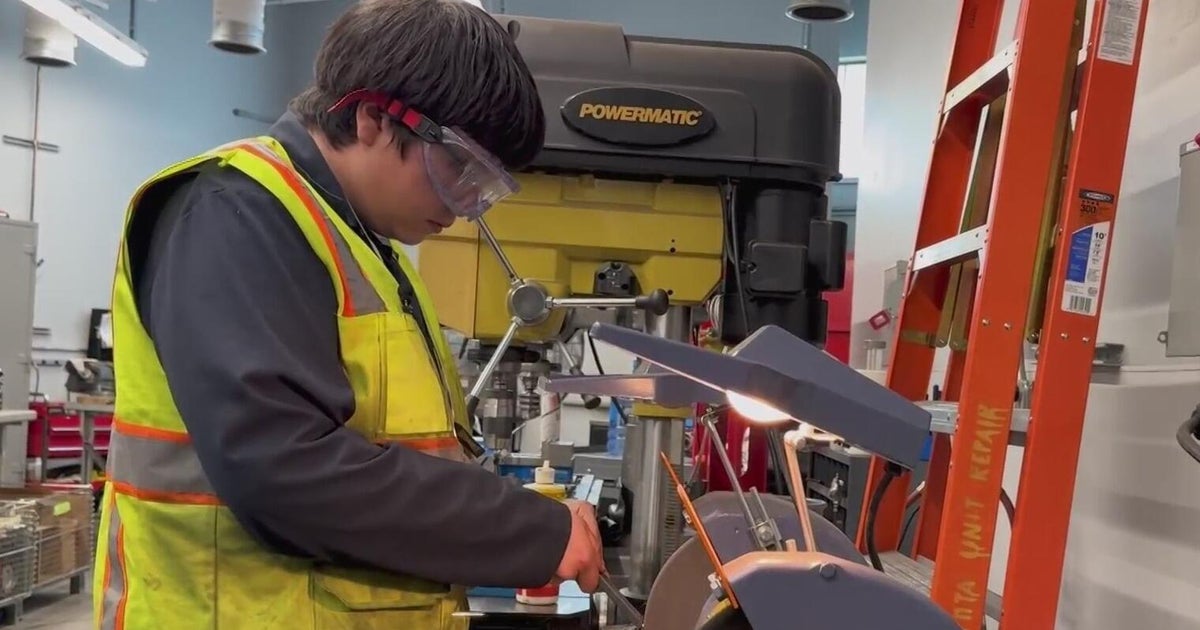San Francisco will fund rental subsidies, end 90-day shelter limit for homeless families
Homeless families in San Francisco are celebrating two key wins to help them stay off the streets.
One would end the city's experimental policy to limit shelter stays to 90 days. The other will provide crucial funding to help families find housing.
Months of negotiations came to an end as the Board of Supervisors and Mayor Daniel Lurie's office finalized details to help homeless families.
"What it boils down to is the kids," said Jennifer Friedenbach, the Executive Director of the Coalition on Homelessness. "Having a safe and decent place to call home is really transformative for the children to have a table to sit at, to have a lock on the door. I mean, it makes all the difference in the world."
Friedenbach said the number of families experiencing homelessness has doubled this year. The funding of $30 million for rental subsidies and the end of shelter evictions will help provide kids some peace of mind.
"The impact on kids is quite devastating," she said. "They have a much higher increased chance of experiencing or witnessing violence. Their educational outcomes are dramatically diminished."
District 9 Supervisor Jackie Fielder played a critical role in making sure money from Prop C, the Our City Our Home Fund, is diverted back to families. She said the number one reason people fall into homelessness is job loss, and city governments are having to find ways to fund crucial services despite facing budget deficits.
"While the federal government is prioritizing funding for ICE, tax breaks for corporations," said Supervisor Fielder. "We're having to pick up the tab here locally in San Francisco, where we're at a point people who have fallen through the cracks, and there are thousands of people."
Homeless families are often the ones left behind. According to the Coalition on Homelessness, families make up 40% of the homeless population but only get 9% of the resources available.
"What we see again and again is the policy makers prioritize more visual elements of the homeless population and completely ignore the invisible people and families are invisible," said Friedenbach.
While the end of the 90-day shelter evictions will likely increase wait times for new families to get into shelters, Friedenbach said kicking people out only created fake successes. She said the key is to make sure enough housing is available.
"We've long kind of balanced this idea between longer waits versus putting people out," she said. "And have landed on the spot of once we're investing in folks, let's take them to the finish line. Let's make sure they can move out of shelter into housing. And let's do that as quickly as possible so that another family who's in need can move in."




